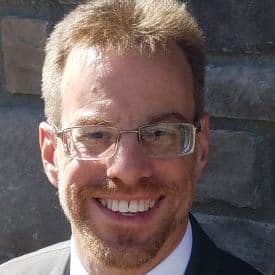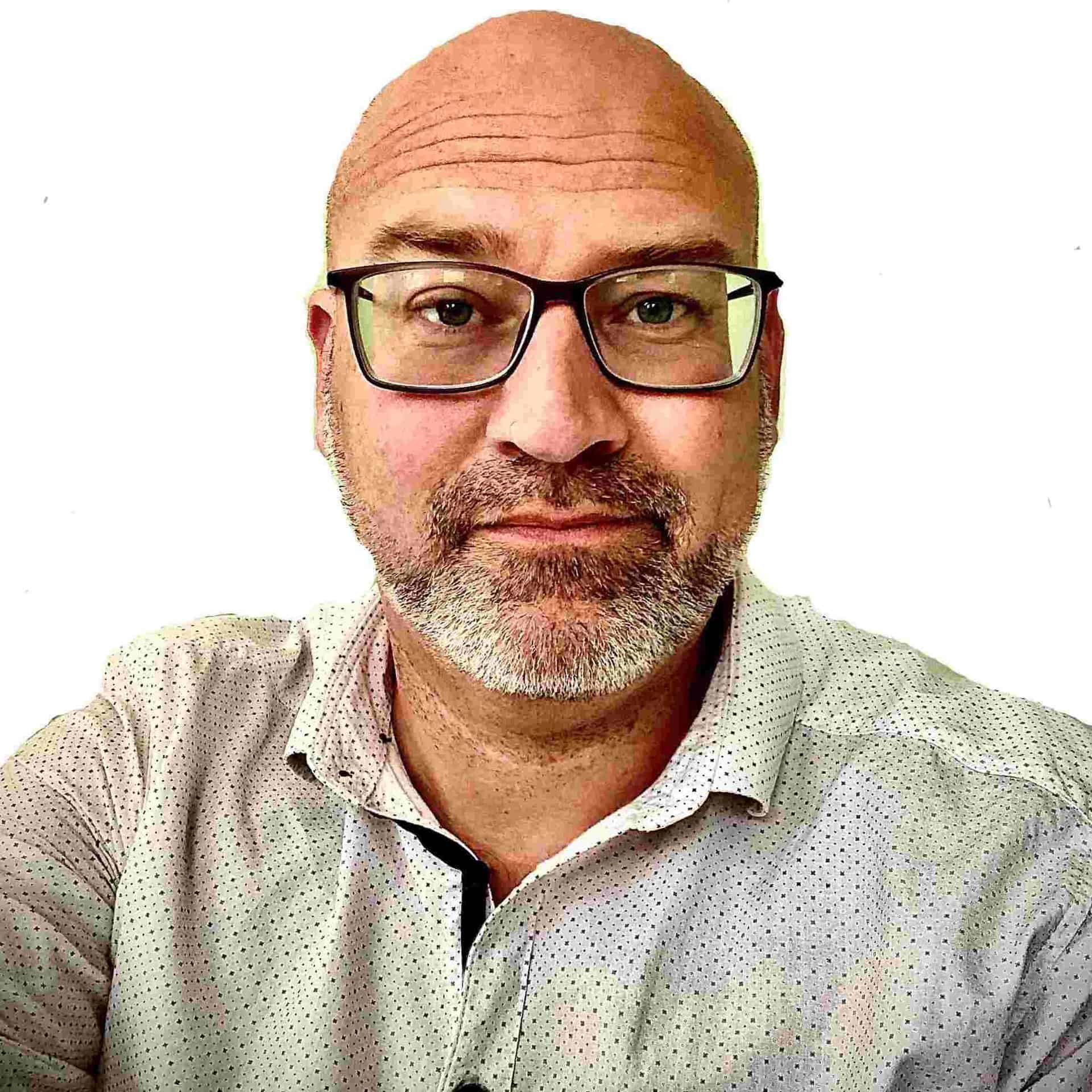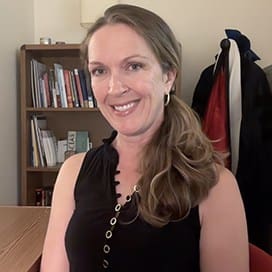Master’s Concentration
Global Community Engagement
At a time of domestic discord and vexing global struggles, the ability to navigate globally-connected and culturally-diverse environments is crucial for professional success. In this program, you’ll critically explore issues of global concern and experience hands-on engagement with changing communities to make a positive impact. You’ll also learn to work effectively across cultures and refine your role as a responsible global citizen.
Let us help you succeed.
*Indicates a required field.
Top-ranked, career-focused education in a flexible format.
At a Glance
Classes Begin
March 31
Term Length
10 Weeks
Master's Tuition
$835 per credit hour

Top-Ranked University by U.S. News & World Report

Connect with an Advisor
Brian Cicero
Text Me at 303-900-0375
Email Me
Call Me
Schedule an Appointment
Skills You’ll Learn
Optimize organizational effectiveness by taking into account the impact of diversity and global perspectives
Engage effectively with communities impacted by timely global struggles
Leverage global and cultural practices of organizations and/or communities to effect change at home or abroad
Curriculum
Master of Arts in Global Community Engagement with a
concentration in Global Community Engagement requires
completion of 48 credit hours (12 courses).
5
Core Courses
4
Concentration
Courses
3
Elective Courses
Featured Instructors
Sample Schedule
Plan out your schedule and determine your preferred timeline for completing your master's degree—finish in as few as 18 months or take up to five years.
Interested in a graduate certificate?
Explore our six course graduate certificates in Global Community Engagement.
Take a Course Before You Apply
Career Outcomes
Predicted outcomes for graduates of Global
Community Engagement
continue to grow worldwide. According to a recent Global NGO Online
Technology Report, there are 10 million NGOs worldwide, and there
are 1.4 million NGOs in the U.S. that employ 11.4 million Americans.
the United States, inspiring businesses to venture overseas, according
to the U.S. Department of Commerce. Career openings continue to
grow for professionals who possess sophisticated knowledge of timely
global issues and trends and have the ability to work effectively across
diverse organizational structures.
Job Titles
Cross-Cultural Trainer
Business Consultant
International Relations Specialist
Program Officer
Policy Analyst
Public Affairs Manager
Program Manager Salary: National Average
$66,717
(Glassdoor)
Get Ahead with Career Services
One-on-one career coaching and mock interviews
Job database dedicated to DU students and alumni
Résumé and cover letter guidance
Hear from Our Students
Theme: Job Satisfaction
Global Community Engagement
Flexible Online Classes
We understand the demands of balancing work, friends and family, and school can be challenging. That's why at University College, you can complete your program entirely online. Our online learning platform makes it easy to work anywhere at any time.
Accreditation
Higher Learning Commission
University College programs maintain the highest level of accreditation offered by The Higher Learning Commission, one of the regional accrediting bodies recognized by the federal government. The University of Denver and all of its academic programs are regionally accredited by this commission, and regional accreditation is the highest standard for universities in the United States.
Take the Next Step









